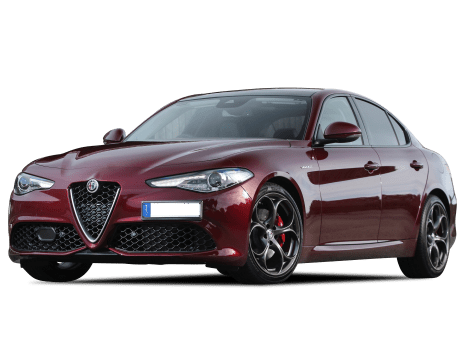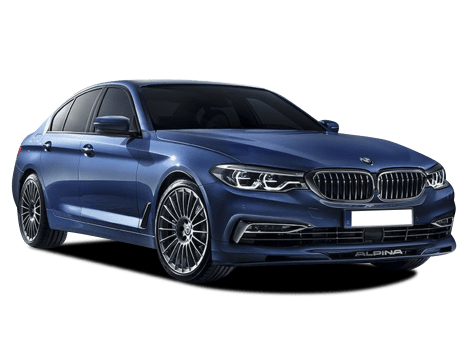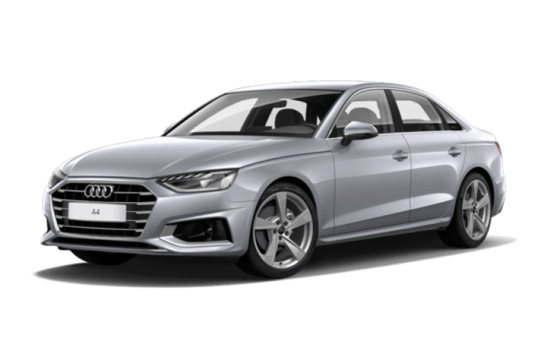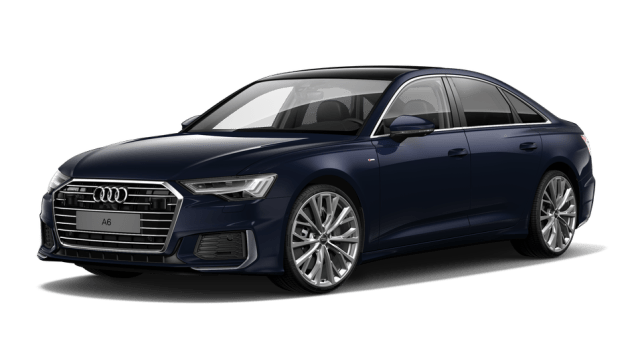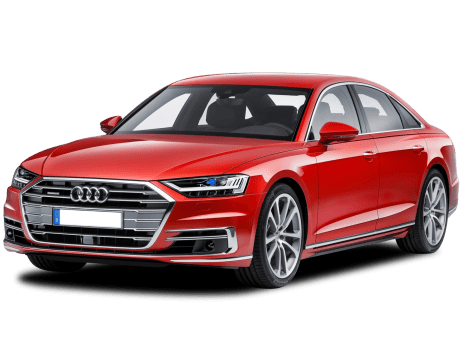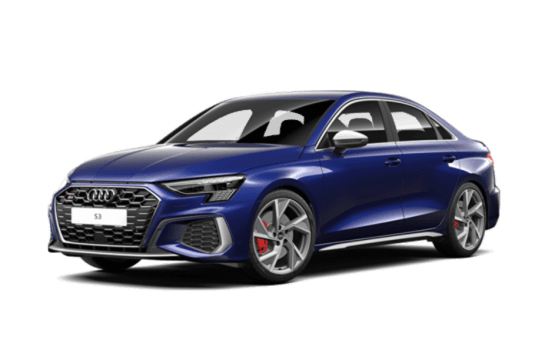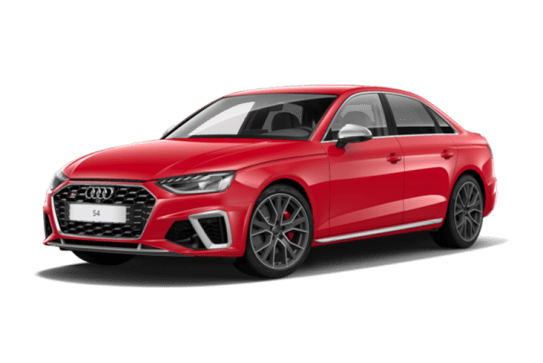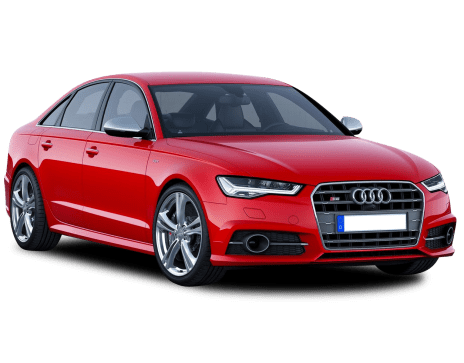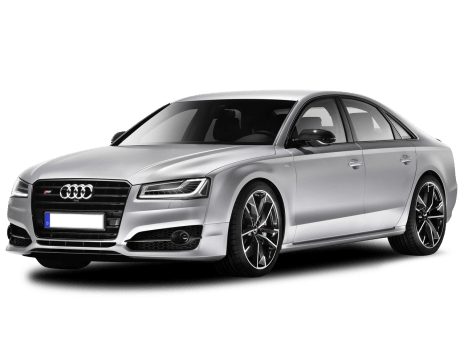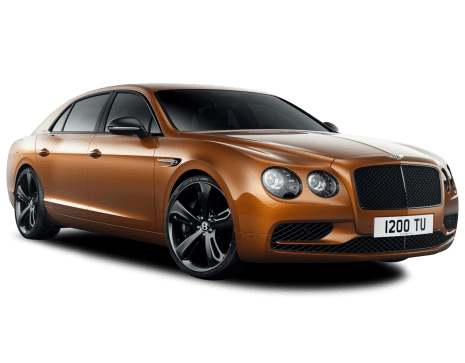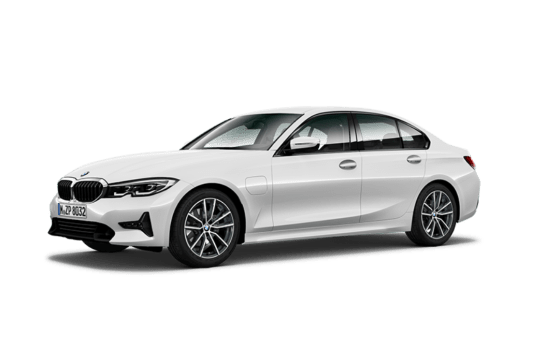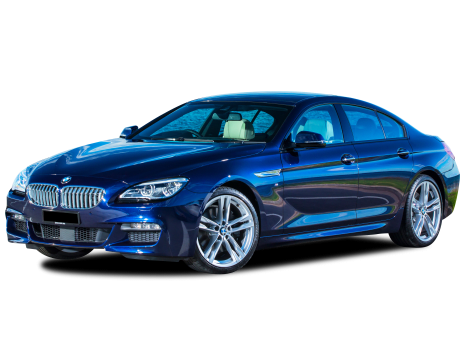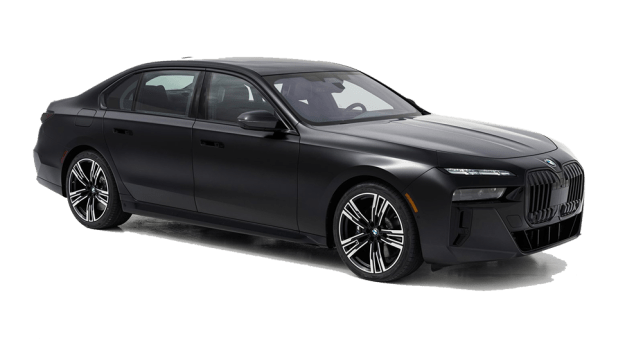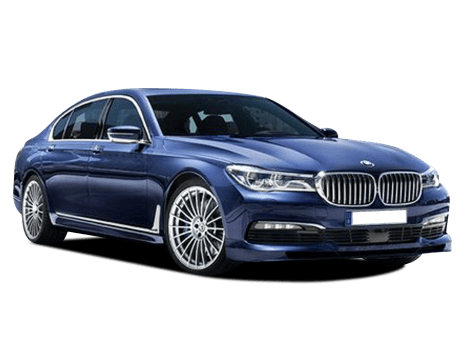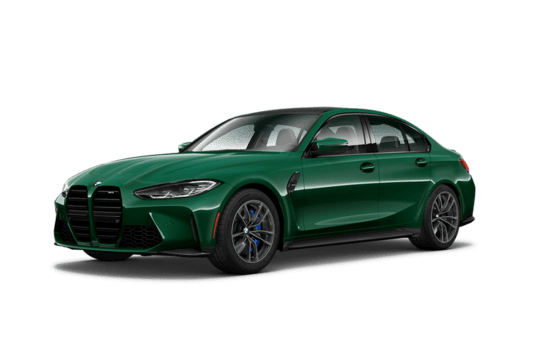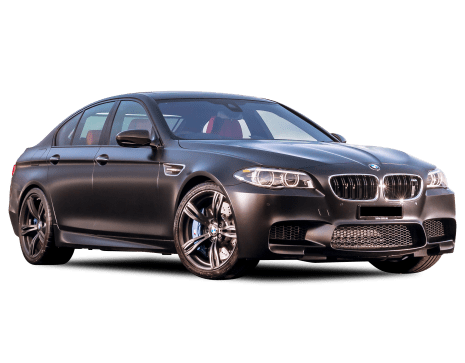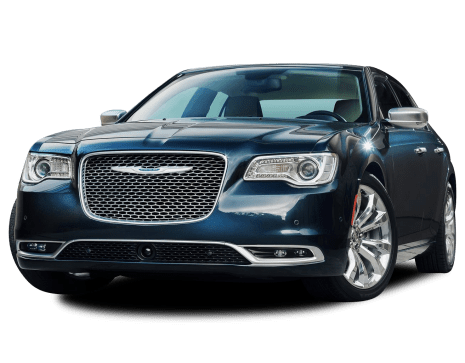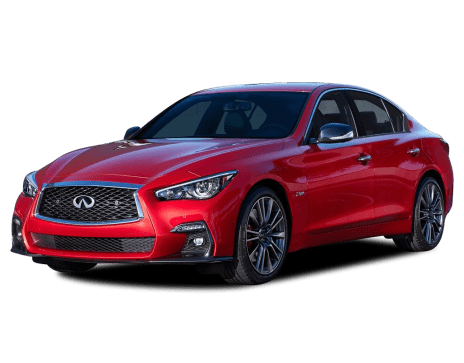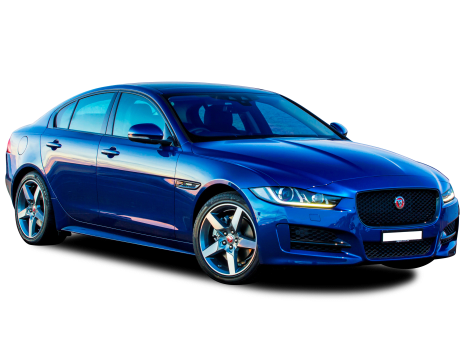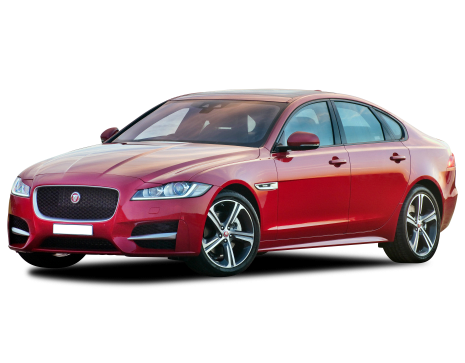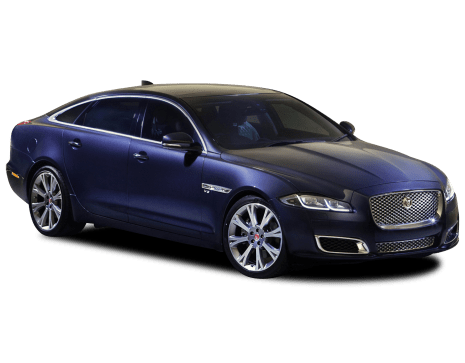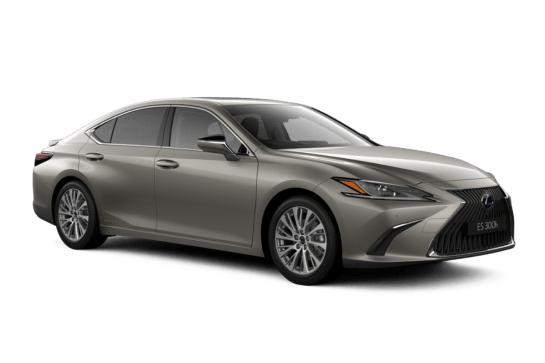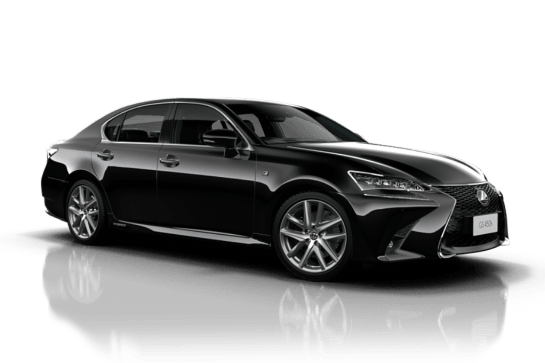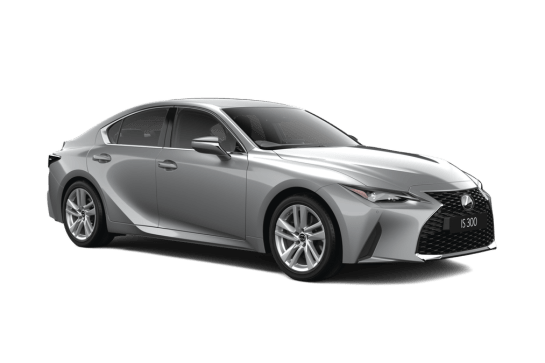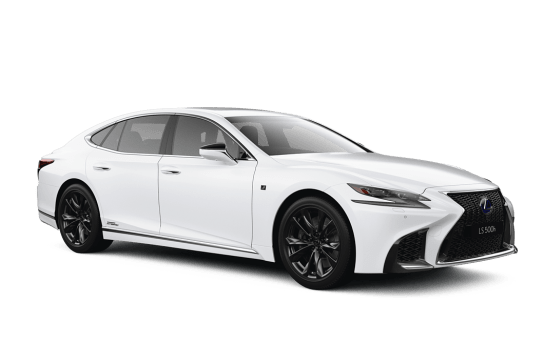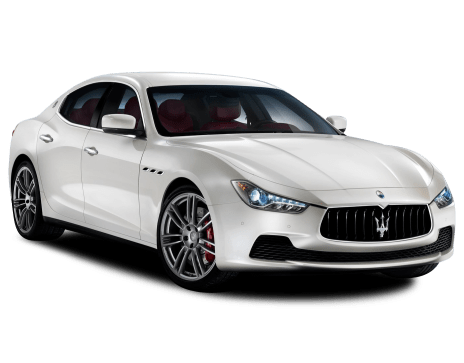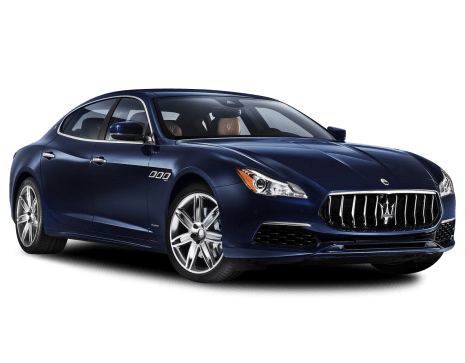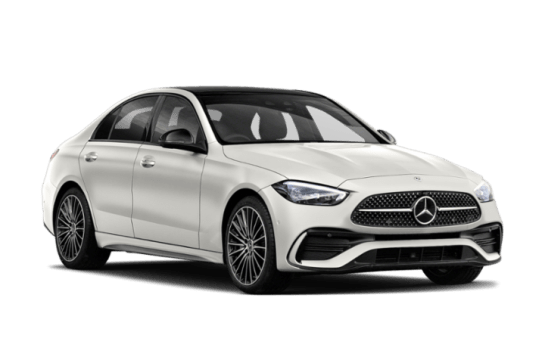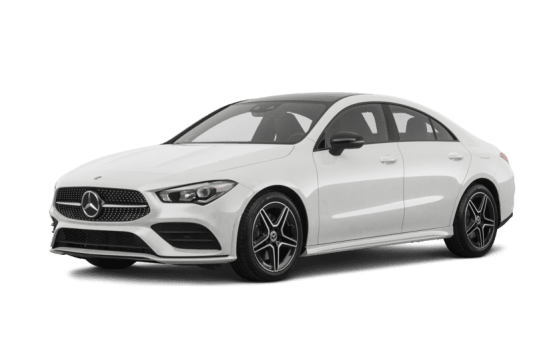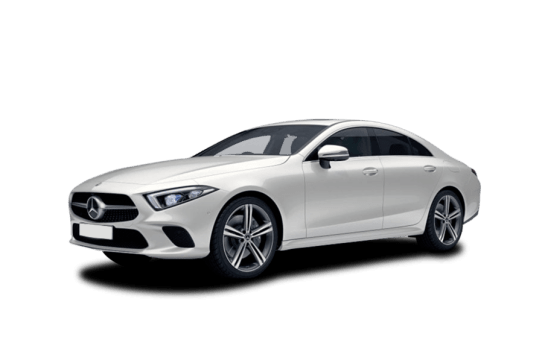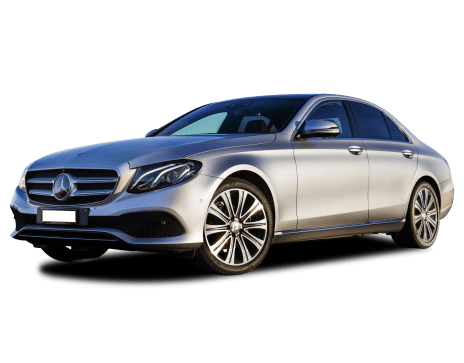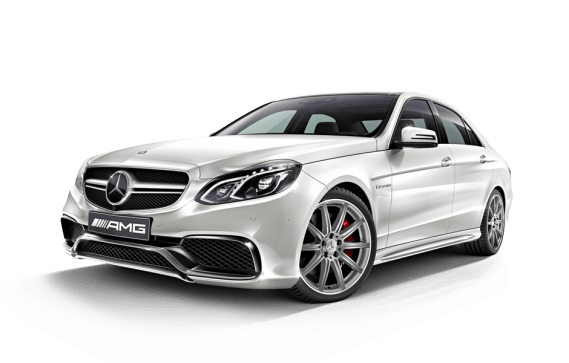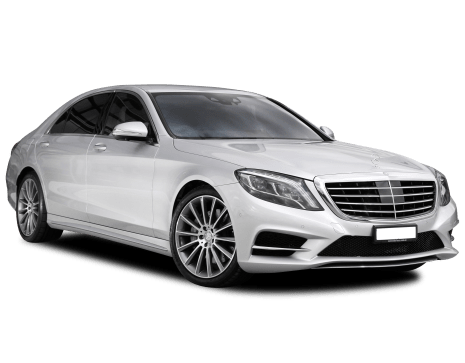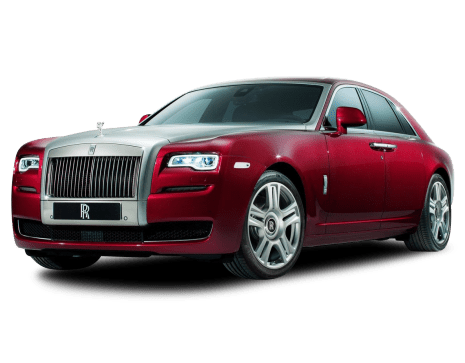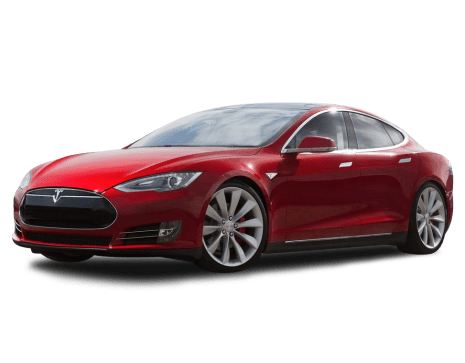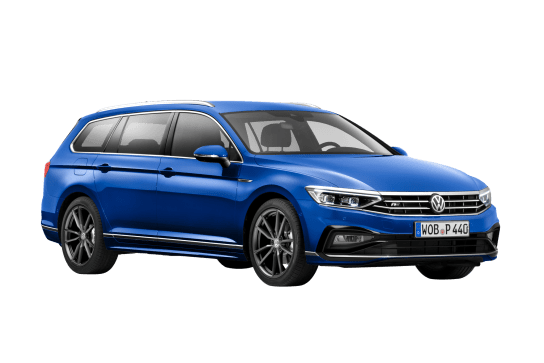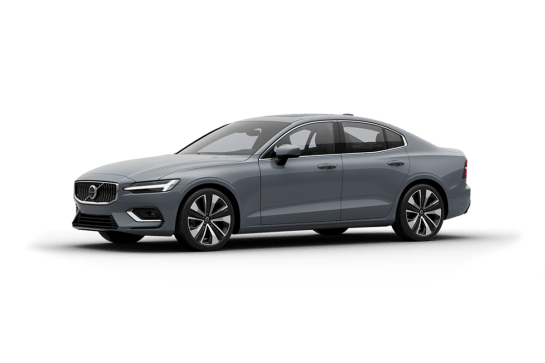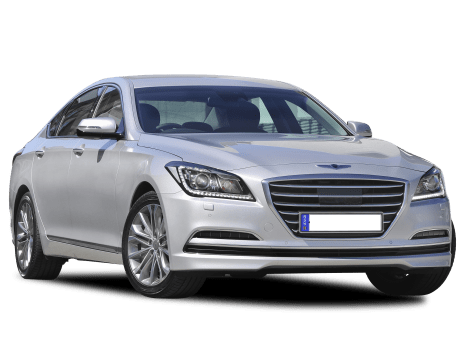
Hyundai Genesis VS Volkswagen Passat
Hyundai Genesis
Likes
- Refinement
- Comfort
- Spec list
Dislikes
- No V8 option
- No diesel option
Volkswagen Passat
Likes
- Roomy interior
- Confident and powerful on road
- Great tech
Dislikes
- Classic Euro seats ... aka hard on the backside
- Missing some charging ports in rear
- Expensive servicing costs
Summary
Hyundai Genesis
Anybody who doubts that Hyundai is gunning for the number one in the world has rocks in their head. Big heavy ones. Korean companies do not settle for anything less than number one. The second-generation Genesis (our first taste here in the Antipodes as the gen-one had its steering wheel on the wrong side) is proof.
What's different about Hyundai's unstoppable rise is the way they're going about it. They've always done their own thing in Korea, reinventing themselves time and again when they strayed off the beaten path.
The Genesis is a gamble for a Korean company in foreign markets whose default setting for luxury is marked, Britain or Germany. If Hyundai gets the Genesis wrong there will be howls of derision, or at best patronising pats on the back - "Nice try, you'll get there one day". But if they get it right...
| Safety rating | |
|---|---|
| Engine Type | 3.8L |
| Fuel Type | Regular Unleaded Petrol |
| Fuel Efficiency | 11.2L/100km |
| Seating | 5 seats |
Volkswagen Passat
I'm calling it - the Volkswagen Passat is the forgotten hero of station wagons.
It's surprisingly large while retaining the creature comforts and understated styling of old-world glamour.
Then enters the R-Line. A badge that diehard Volkswagen enthusiasts know is synonymous with sporty performance and handling.
Read more about
However, it can be overlooked for its more affordable rivals, the Mazda6 and Skoda Octavia wagons.
But does affordability take it out of the running for the family market? Or is this the answer for the drivers who don't want to compromise on performance but still have a kid (or three) to throw in the back?
I've been hauling my little family of three around town this week to see what the big blue wagon could do.
| Safety rating | |
|---|---|
| Engine Type | 2.0L turbo |
| Fuel Type | Premium Unleaded Petrol |
| Fuel Efficiency | 8.1L/100km |
| Seating | 5 seats |
Verdict
Hyundai Genesis8.6/10
The Genesis is not quite a match for cars twice its price but it makes you think what's possible. It doesn't have the dynamic brilliance of a BMW or the self-assured faultless execution of a Mercedes. Lexus ought to be worried, though - why would you have an LS when you could have this? The only answer is 'badge'.
The Genesis is an epoch-making car for the Korean manufacturer. As the company has got better, there are fewer excuses for overlooking it. While the Genesis is pitched into a shrinking market, it's not really meant for the average i30 buyer to buy, but to see.
It's bristling with tech and is not only a halo car but a shot across the bows of both Lexus and the Germans. Attached to that shot is a note: "We're coming for you." In other words, Hyundai got it right.
Volkswagen Passat8/10
I so enjoyed driving the Volkswagen Passat 206TSI R-Line. It's a roomy wagon that should fit a lot of different types of families. It still has sporty performance that will entice even the most reluctant family car buyer, so don't be turned off by its large proportions! I really like the comfort, convenience and handling of this one, so it gets an easy 8.0/10 from me.
My kid thought the blue colour was cool and loved having so many things to play with in the back seat. His only complaint was about the heavier doors but he still managed. He gives it an 8.0/10, too.
Design
Hyundai Genesis8/10
The Genesis is like no other Hyundai. For a start, it's gigantic - it looks easily as big as a BMW 7 Series (it isn't) with the road presence to match. There's a lot of BMW from most directions, but with a sharper approach to the creasing and character of the sheet metal.
Towards the rear it's more BMW 6 Series Gran Coupe and is all the better for it. The style is understated and technocratic.
The big wheels from the Ultimate pack help make it look lower and sleeker, too.
Inside is also very Germanic, but with a bit more of a Lexus feel. Our car had the lighter leather which meant that the wood and the metal materials didn't necessarily work well together.
The interior is expertly put together and feels like it will last forever.
The only jarring moment is the gear selector is shared with our long-term Hyundai i30 - it looked a bit cheap in what is otherwise a beautifully executed cabin - it needs more heft.
On Australian-delivered cars there is just one Hyundai badge, sitting proudly on the boot - you get the feeling this was debated long and hard and when the decision was made to go for it, a big one was chosen.
However, the winged Genesis branding takes pride of place everywhere else. When you approach the car at night and the puddle lamps come on, the Genesis logo is projected on to the ground, crisp and clear.
Volkswagen Passat
The Passat is a large car and stands at 4708mm long, 1832mm wide and 1504mm high. The boxier rear and long nose make these proportions feel even larger.
The 2023 model doesn't see much change, if any, to the previous iteration. The exterior features the classic VW sharp pleat that runs the length of the body, slim-line LED lights and pronounce grille with lots of chrome accents found throughout.
It looks shiny, new and stylish, but not garish. You'd be proud to be seen in this.
The interior is also classically VW – sharp, a little pared back and hosting easy to see buttons and dials. The adjustable ambient lighting elevates the cabin space, as does the black headliner (R-Line exclusive).
An interesting feature is the directional air vents, the slatted design is carried the entire length of the dash which accentuates the width of the car. It all looks seamless and well thought out.
Practicality
Volkswagen Passat
A very practical family wagon with all passengers enjoying ample head and legroom.
The amenities in both rows are very good. The seats are fairly comfortable but the lumbar support isn't awesome. The massage function on the driver's side is a nice novelty but not strong enough to be called a massage. Think of it as gently stretching.
For storage, you get a decently sized middle console, dedicated phone tray, cooled glove box, drink bottle holders in each door and two cupholders.
There are plenty of charging options available for the front with two USB-C ports and a 12-volt socket. Bonus having the wireless Apple CarPlay (and Android Auto), as it's one less cable you have to worry about.
In general, I like how easy the tech is to use. The 9.2-inch touchscreen multimedia system looks great and is responsive.
It's easy to get all the connections going and you can pull the built-in satellite navigation directions through to the 10.25-inch digital instrument panel. I did miss having a head-up display this week but the info on the instrument panel is displayed clearly.
The back seat gets a couple of cupholders in the fold-down armrest and drink bottle holders in each door. It also has directional air vents with climate control, reading lights and one USB-C port for charging. However, I would have liked to have seen another charging port, to limit sibling squabbles.
There are ISOFIX child seat mounts on the outboard seats plus three top tether anchor points.
The backseat is wide enough to fit three child seats side by side if needed, and there's plenty of room for front passengers when a 0-4 rearward facing child seat is installed.
The windows are wide and offer good visibility but I really like the 142mm ground clearance. It was super easy for my six-year old to climb in and out.
The only thing he mentioned he didn't like was how heavy the doors were to operate. I don't mind this because they feel solid but they do swing wide, so be wary of letting any wild kids just hop out themselves in a crowded car park. You may get (or inflict) some dings.
The boot is a great size at 650L, with all seats in use, but if you pop down the backseats, that jumps up to 1780L.
The back seat also split-folds 40/20/40, which opens up your storage options. I enjoyed using the powered tailgate with kick function, it's handy on the grocery run.
Price and features
Hyundai Genesis9/10
The only way to describe the Genesis' pricing is aggressive - kicking off at $60,000, it's the most expensive Hyundai money can buy, but with a spec list like this, you won't feel at all short-changed.
Your sixty large buys you a huge cabin with a seventeen speaker stereo, auto headlights and wipers, LED ambient lighting inside and out, dual-zone climate control, keyless entry and start, powered front seats which are heated and cooled, satnav, front and rear parking sensors, and plenty of other bits and pieces.
Our car had the $22,000 Ultimate package, adding 19-inch alloys, blind spot sensor, front and side cameras, around-view display, real leather, more adjustments for the driver's seat, ventilated seats in the front, heated rear seats, panoramic glass sunroof, acoustic glass, heads-up display, powered bootlid and LED foglamps.
You can have a lot of the more useful features in the $11,000 Sensory Pack. It's a good middle ground that, for example, features the excellent heads-up display.
The 9.2-inch screen splits the asymmetric air-conditioning vents. The software is unique to the Genesis and a huge leap forward over the rest of the Hyundai range - classy, smooth graphics, a good responsive screen.
You control the seventeen speaker stereo from here, which kicks out a rich sound and an impressive Bluetooth performance - rear seat passengers can also run the stereo from their armrest. The satnav is detailed and chatty, while the excellent heads-up display shows a configurable information set in strong, clear graphics.
Volkswagen Passat
The 206 TSI R-Line is top of a (small) two-model line-up. Our example has been finished in 'Lapiz Blue', a colour exclusive to the R-Line. Otherwise, expect a sea of monochromatic colour options.
We say top model but it's not necessarily a massive jump up in specifications from the 162 TSI Elegance, you're paying for the engine performance on this one.
This R-Line will cost you $67,790, before on-road costs. That's a $4K price hike from the 2022 model with no discernible upgrades.
And that price tag still puts it well above its closest rivals, with the Octavia RS 180 TSI being $53,090 and the Mazda6 Atenza at $52,140 (all before on-road costs).
However, you won't be disappointed with the features list with Nappa leather-appointed seat trim, R-Line stitched detailing on the floor mats and seats, electric and heated front seats, massage function on the driver's seat, a panoramic sunroof as well as wireless Apple CarPlay and Android Auto all coming as standard.
The R-Line also enjoys 19-inch alloy wheels, a full-sized spare, heat insulating tinted glass, 65 per cent light reducing rear privacy glass and 30-way adjustable ambient lighting in the cabin.
Under the bonnet
Hyundai Genesis9/10
The Genesis is powered by Hyundai's own 3.8-litre V6 developing 232kW and 397Nm, mated to Hyundai's eight-speed automatic transmission.
Despite weighing just under two tonnes, the Genesis completes the dash to 100km/h in 6.5 seconds.
It has a claimed 11.2L/100km on the combined cycle. In what must be a first, we got below that, averaging 10.8L/100km over two weeks. And that's without stop-start fuel-saving to blunt the effect of lot of city driving.
We'd still like to try the V8 - only available in left-hand drive markets - though.
Volkswagen Passat
The R-Line has a 2.0-litre, four-cylinder turbo-petrol powertrain with a maximum output of 206kW/350Nm.
That puts its engine specs 44kW up on the Elegance model and you feel that difference when you put your foot down.
The six-speed auto transmission provides surprisingly smooth shifting in most settings. The grunty engine combined with the all-wheel drive creates a sporty and purposeful driving experience.
Efficiency
Volkswagen Passat
That powerful engine does cost you a little bit with efficiency. The official combined fuel figure is 8.1L/100km and real-world testing saw my figure at 8.6L.
Not too bad for the type of driving I did this week, which was a combo of open-road and urban. I wasn't scared of putting my foot down but I would expect to see a double-digit figure in an urban setting.
This has a 66L fuel tank and based on the official combined figure, you should be able to get around 815km driving range, which is great.
Driving
Hyundai Genesis8/10
At five metres long, with a ride firmly pitched in the luxury camp, the Genesis is not going to tempt you into a track day, even with rear wheel drive.
Blindfold your passengers and swap them between a Lexus, a BMW and a Genesis and the overwhelming impression they'll get is one of incredible smoothness.
Sitting in the back of the Genesis, it's easily as good as the German and luxury Japanese competition. The seats are hugely comfortable, there's ample head, leg and shoulder room and it feels lot nicer than anything within a bull's roar of its price.
No matter where you sit, it's an incredibly quiet car. The engine is a distant whoosh, the tyre noise muted and there's almost no wind or ambient noise. It's supremely comfortable and the excellent stereo will wash away what little noise does invade.
It certainly feels its weight from the driver's seat, with a competent, soft turn-in, but if you're wanting sudden movements, this isn't the car for you.
On fast flowing roads you can have some fun, but things will get floaty and that will quickly kill that fun. The ride and isolation from the rest of the world is completely worth it.
Volkswagen Passat
The performance of this is to be commended. Powerful but poised, there's a sense of performance in reserve when you put your foot down and while still fun, it's not unbridled power.
It inspires confidence, the lower centre of gravity and firm steering meaning you tackle corners with minimum roll. You can accelerate out of a corner a little earlier than you might normally in this.
The cabin is nice and quiet with some road noise at higher speeds but not enough to intrude on chatting.
Despite suspension that feels sporty, aka stiff, the ride comfort is very good, with back seat passengers also feeling the comfort. There's not a lot of jostling in this.
Let's talk parking. It is a large car but you don't feel those dimensions when you park it.
It's very forgiving to manoeuvre with the front and rear parking sensors, crisp 360-degree view camera and tight 11.7m turning circle!
And if you're not confident it has a self-parking feature.
Safety
Hyundai Genesis9/10
Nine airbags, traction and stability control, lane departure warning, forward collision control, ABS, brake force assist and distribution and traction and stability control bring the ANCAP count to five stars.
The Sensory and Ultimate packs add blind spot sensors and around view cameras.
Volkswagen Passat
This has a good list of safety features with the following being standard: LED daytime running lights, lane departure alert, lane keeping aid, blind-spot monitoring, rear cross-traffic alert, 360-degree view reversing camera with dynamic guidelines, front and rear parking sensors, driver fatigue alert, and adaptive cruise control (with stop/go function).
I like the Emergency Assist feature which will provide multiple visual and sound alerts if there's no steering wheel activity detected. If there's still no driver input, the car will slow down and ultimately come to a complete stop.
The Passat's maximum five-star ANCAP safety rating has just expired and at the time of writing was yet to be retested.
The 2023 Passat has nine airbags, including side airbags for the rear outboard seats, as well as curtain airbags covering both rows.
There are three top tethers across the rear row and ISOFIX child seat mounts on the outboard positions.
Ownership
Volkswagen Passat
The Passat comes with a market standard five-year/unlimited km warranty, and roadside assistance is included for one year (through Allianz Insurance) if you get your car serviced at a VW centre.
There is a three- or five-year capped price servicing plan that can be pre-purchased and will save you money compared to the pay-as-you go option. Servicing averages $620 though, which is expensive for the class.
Servicing intervals are reasonable at every 12 months or 16,500km – whichever occurs first.


